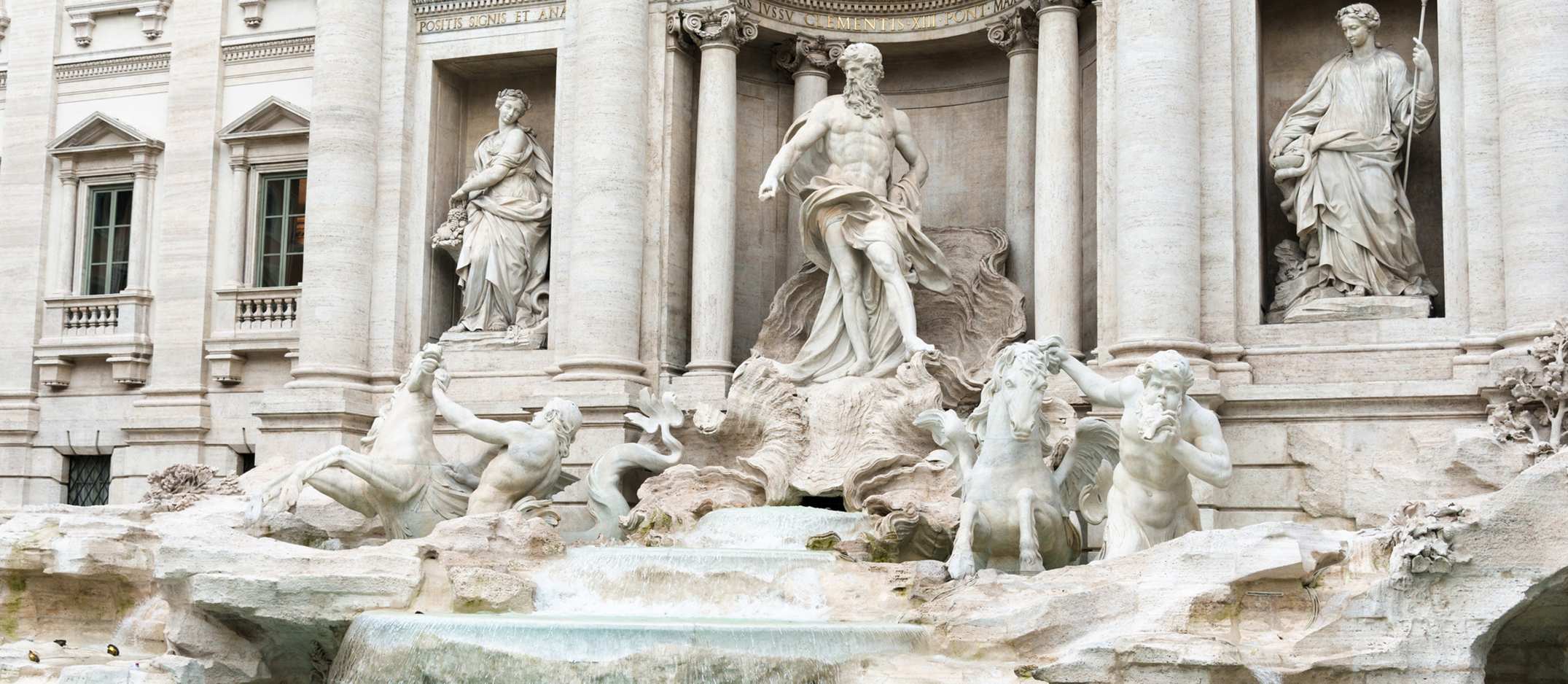CLASSICAL CIVILISATION
Our A Level Classical Civilisation course revolves around the two societies of ancient Greece and ancient Rome, and if you’re curious about the origins of western literature, theatre, democracy and philosophy then this is a great course for you.
The core of the course involves studying the World of the Hero through the epic poetry of Homer and Virgil. We focus upon the aftermath of the Trojan War, following Odysseus on his return journey and Aeneas, a refugee trying to find a new home.
Other highlights of the course include philosophical discussions based upon ancient thought and performances of Greek comedy and tragedy.

More about the course
What will I study
Classical Civilisation is the study of Greek and Roman culture, history, society and religion, explored through the things these cultures created: literature, drama an philosophy. This varied and captivating humanities course provides a great mixture of mythology, religion, poetry, philosophy, social history, archaeology and theatre studies. The societies of these great civilisations still have a big impact on our lives today, influencing our legal system and politics, as well as forming the basis for some of the most popular films and computer games. This course differs from Ancient History because it focuses primarily on the culture of the ancient world, including religion and mythology, rather than the history. With no direct overlap between the courses, taken together they would help you build an in-depth knowledge of the ancient world.
You will study a number of modules:
- The Iliad – Homer’s Iliad is the oldest piece of Western literature and tells of the anger of Achilles during the Trojan War. We study what it is to be a hero in this context, in relation to contemporary values.
- Greek Theatre – as well as studying three plays by the greatest Athenian playwrights at the birth of drama itself, you will also explore the physical space of the original theatre via archaeological evidence and its depiction in Greek art.
- The Aeneid - The Aeneid is the Roman answer to the Odyssey; it tells the story of Aeneas, one of the Trojan survivors from the Trojan War, seeking to establish a new homeland for his people in Italy.
- In the Love & Relationships module, we read the work of four ancient authors: Sappho, Plato, Seneca and Ovid; the content of which covers lesbian love-poetry, a manual to help Romans pick up potential partners and philosophical discussions about the nature of love and its place within society.
Why choose Classical Civilisation at KGV
KGV has been offering Classical Civilisation since 1992, which makes it one of the longest established courses in the North of England. In addition, as well as having a well-stocked library, every Classics student at KGV automatically receives a membership to the Lytham Classical Association, which means they can attend talks by leading historians, archaeologists and writers of historical fiction. There will also be theatre trips to experience Greek plays for yourself.
The Classics department has an excellent record for helping students achieve places at some of the most highly regarded universities in the country, including 22 students gaining places at Oxford to study Classics and classics-based courses such as, Classical Archaeology & Ancient History and Classics & Oriental Studies. Other students have chosen to study Classics at other prestigious universities including, Durham, St Andrew’s and King’s College London.
Entry Requirements
Standard
5 GCSEs at grades 9 - 5 and or including, English Language and Maths at grade 4 or above.
Course specific
You will need a grade 5 or above in English (literature or language)
Preparing for this course
We recommend watching this podcast on the Trojan War
and Professor Michael Scott's documentary The Greatest Show on Earth.
The museums may currently be closed, but you can visit many collections online. The British Museum's online exhibition of Love and Desire in Ancient Greece is particularly good (contains graphic content).
In terms of books, we recommend reading the Odyssey by Homer, as this is the main set text for the first year of the course. The Penguin Classics translation by DCH Rieu is the version we use on the A-level course, so this would be the best translation to read.